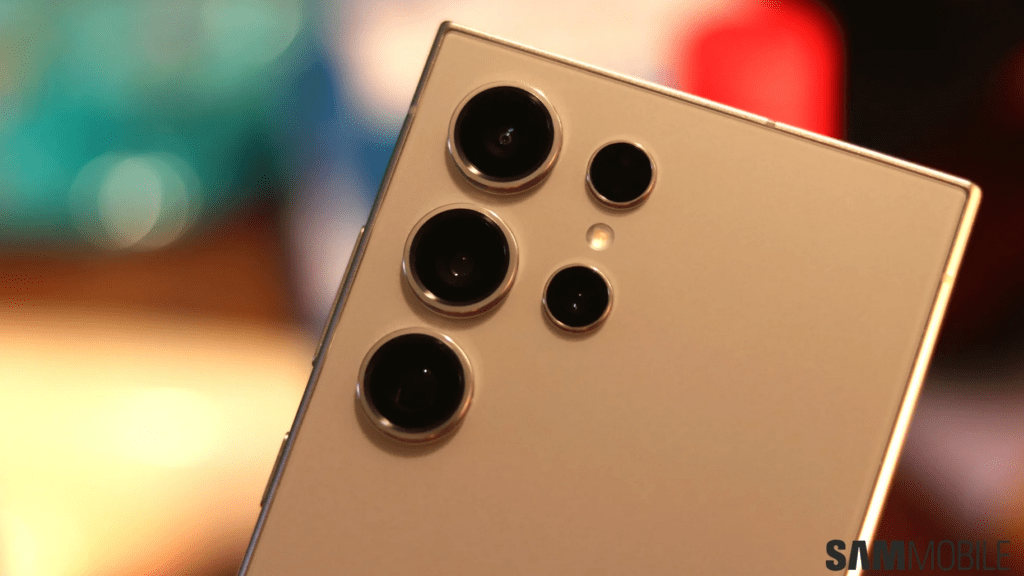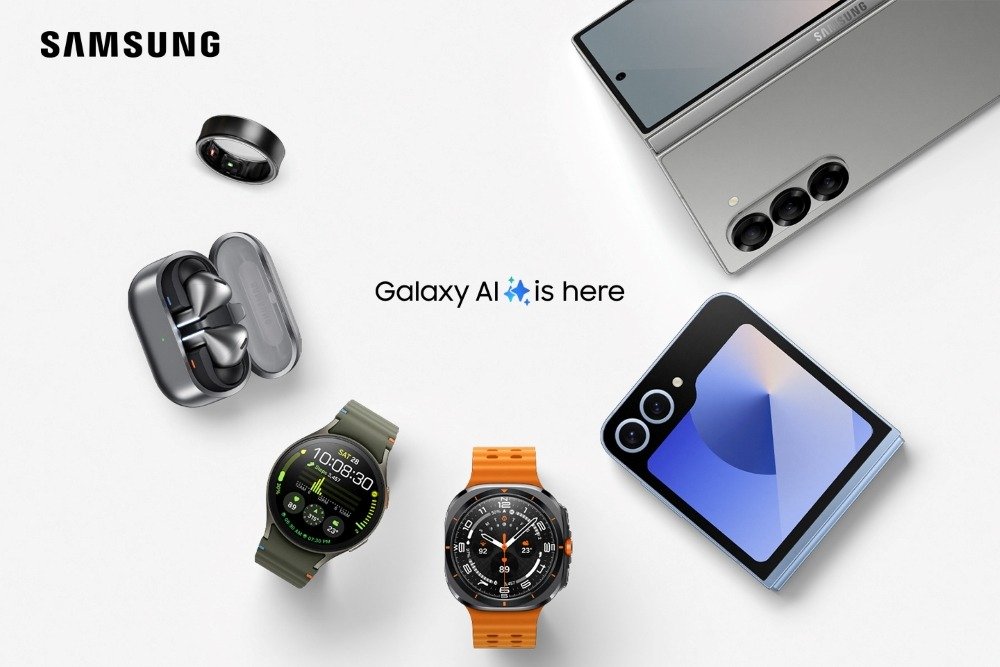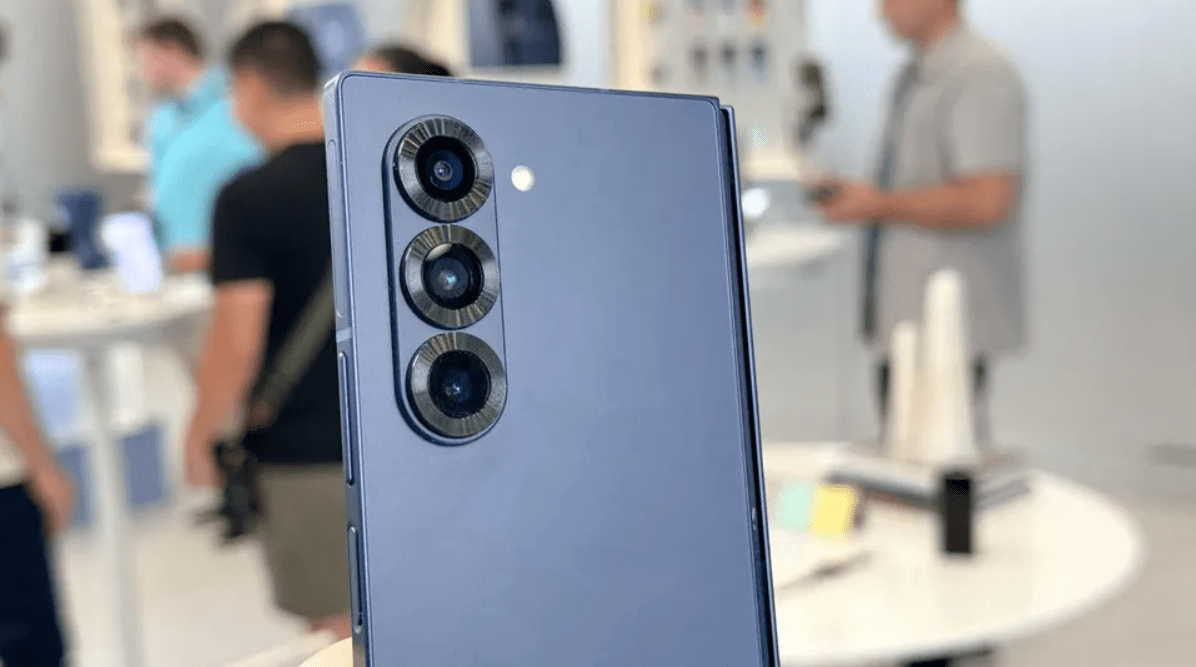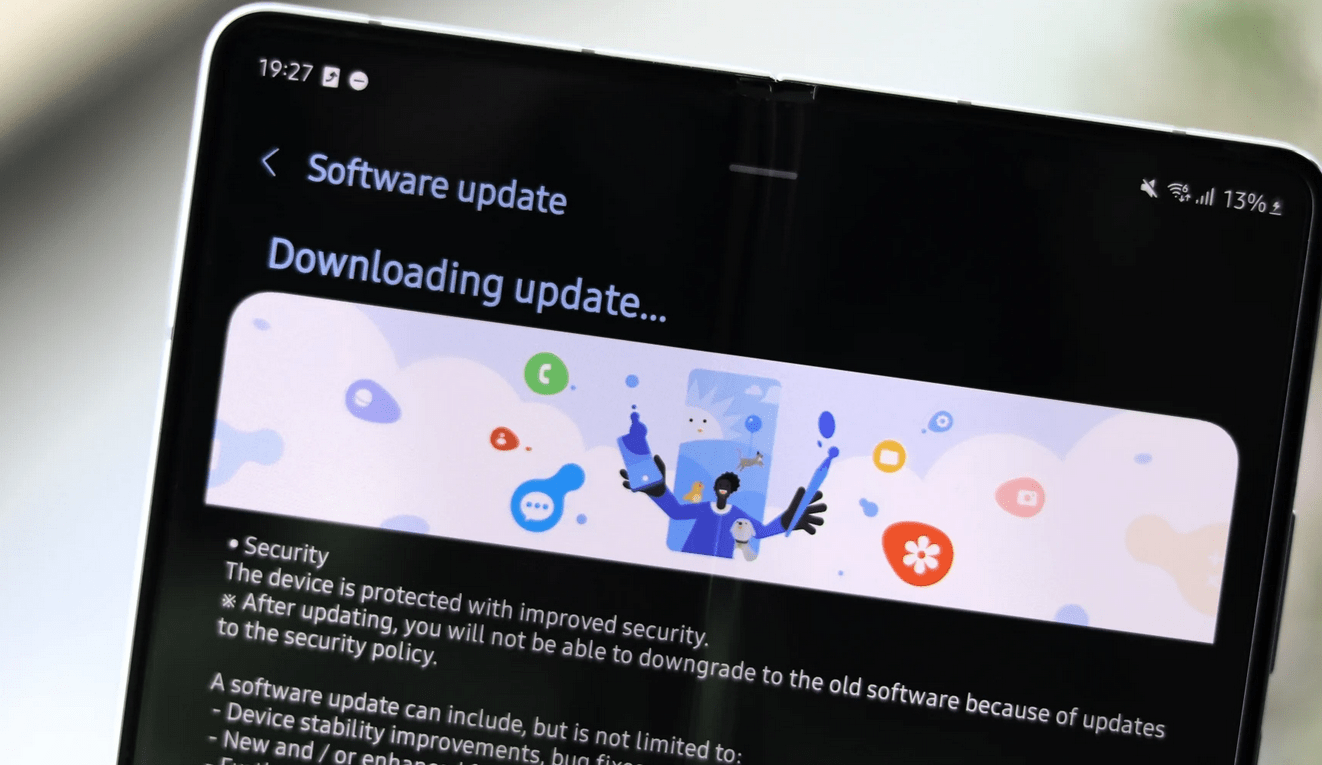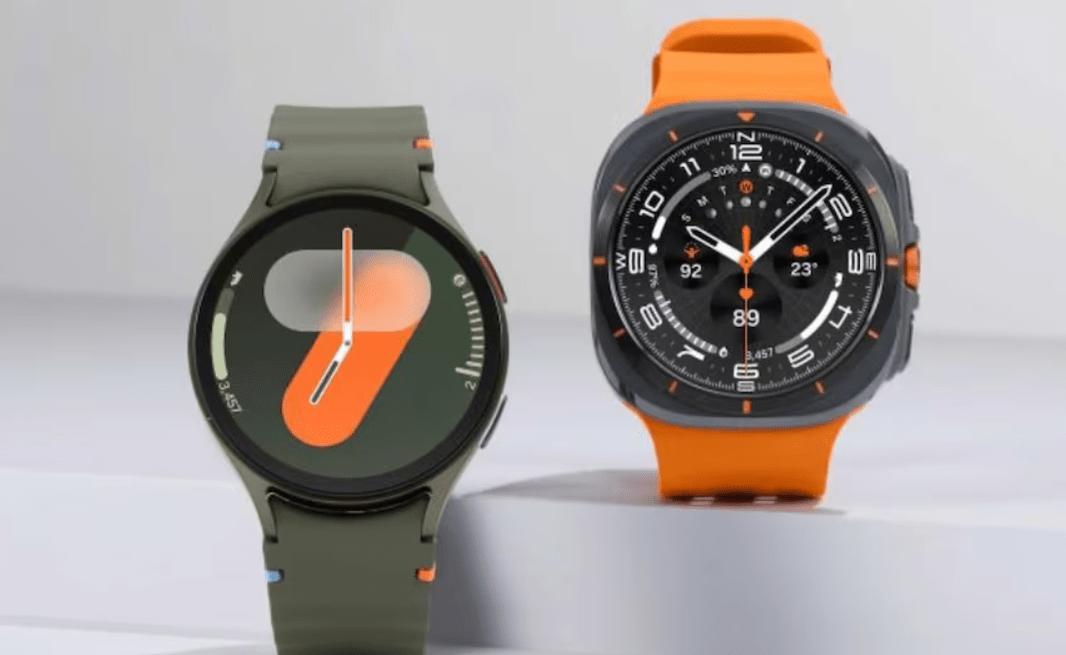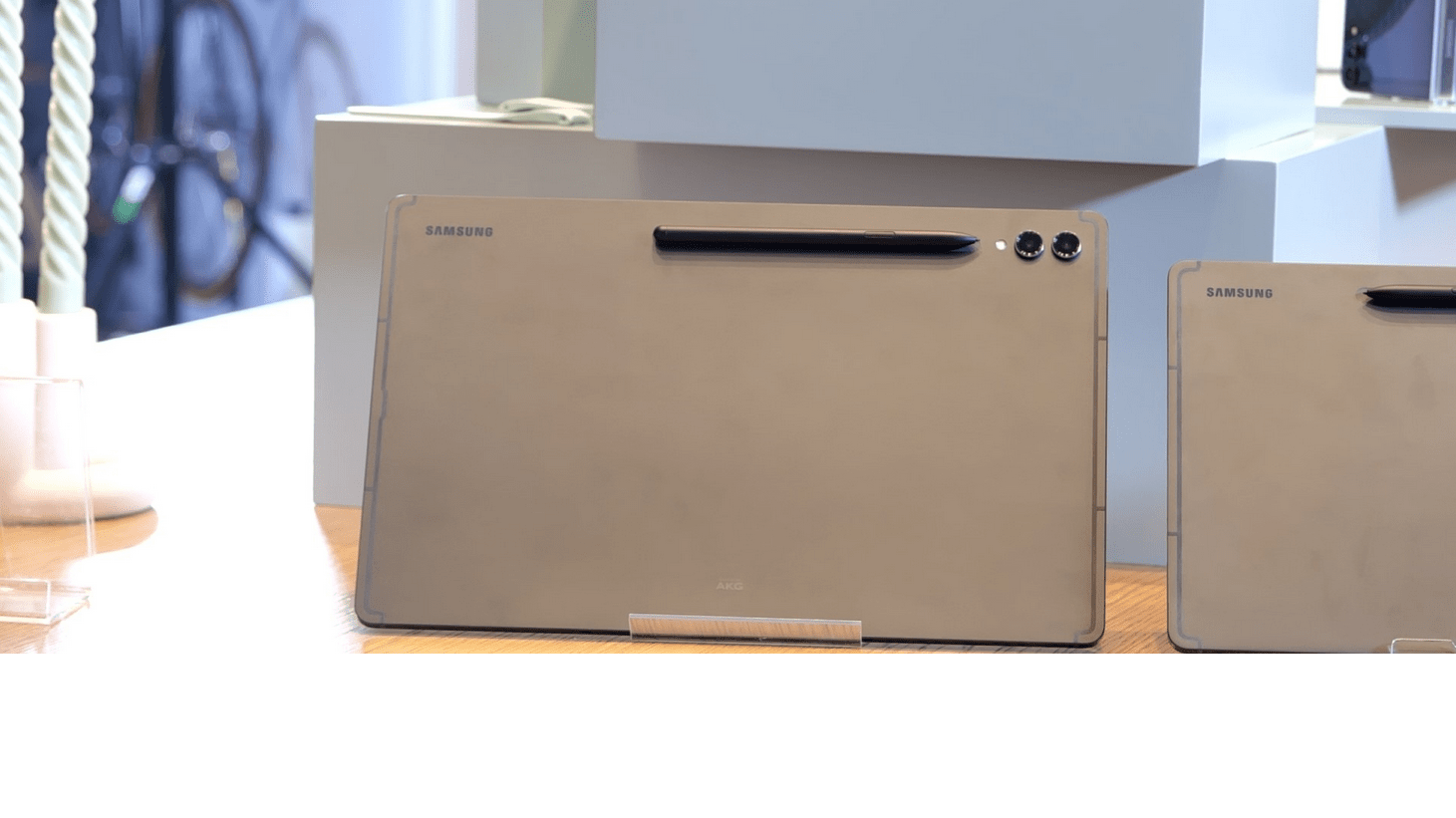In the first quarter of 2024, Samsung emerged as the leading smartphone brand in Europe, marking a significant achievement in a competitive market. According to the latest research by Canalys, Samsung shipped an impressive 12.1 million smartphones, securing a substantial 37% market share. This article delves into the factors contributing to Samsung’s success, compares its performance with competitors, and explores future predictions for the brand in Europe.
Samsung’s Market Performance

Samsung’s dominance in the European market is underscored by its shipment of 12.1 million units in Q1 2024. This achievement translates to a 37% market share, highlighting the brand’s strong presence and consumer preference in Europe. Compared to the same period in 2023, Samsung saw an increase of 0.3 million units, marking a 2% growth year-on-year. Although the growth percentage might seem modest, it signifies steady progress in a highly competitive environment.
Comparison with Competitors
While Samsung led the market, Apple secured the second position with 7.3 million smartphones shipped, accounting for a 22% market share. Xiaomi followed in third place with 5.4 million shipments and a 16% market share. Motorola and Honor trailed with 2.1 million and 1 million shipments respectively, representing 6% and 3% of the market.
Factors Contributing to Samsung’s Success
Several factors contributed to Samsung’s leading position. The launch of the Galaxy S24 series played a pivotal role, significantly boosting sales. Samsung’s extensive marketing campaigns, emphasizing the innovative Galaxy AI features, coupled with attractive trade-in and bundling promotions, also drove consumer interest and sales.
Detailed Analysis of the Galaxy S24 Series
The Galaxy S24 series was instrumental in Samsung’s Q1 success, with 4.3 million units shipped. This series was well-received due to its cutting-edge features, including advanced AI capabilities, superior camera technology, and sleek design. The positive customer reception and robust sales figures underscore the series’ popularity.
Apple’s Market Performance
Apple, although in second place, maintained a strong presence with 7.3 million units shipped, securing a 22% market share. Compared to the previous year, Apple’s performance remained relatively stable, reflecting consistent consumer loyalty and the appeal of its iPhone lineup.
Xiaomi’s Role in the Market
Xiaomi continued to solidify its position as a key player, shipping 5.4 million smartphones and holding a 16% market share. The brand’s competitive pricing strategy and innovative features contributed to its steady growth in Europe.
Motorola’s Market Standing
Motorola, with 2.1 million shipments and a 6% market share, focused on niche segments and budget-friendly options. Its strategy to cater to specific consumer needs helped it maintain a foothold in the market despite intense competition.
Honor’s Market Position
Honor, while in the last place among the top five, shipped 1 million units, achieving a 3% market share. The brand faced significant challenges, including stiff competition and market perception issues, which impacted its performance.
Marketing Strategies in the Smartphone Industry
Effective marketing is crucial in the smartphone industry. Samsung’s large-scale marketing investment, highlighting the Galaxy AI features, played a significant role in its Q1 success. Promotions, trade-in offers, and bundling deals further enticed consumers, demonstrating the importance of strategic marketing in driving sales.
Technological Innovations and Their Impact
Technological advancements, particularly in AI and smartphone features, have a profound impact on market performance. Samsung’s integration of AI in the Galaxy S24 series enhanced user experience and attracted tech-savvy consumers, illustrating how innovation can influence market success.
Also Read This: Vivo X Fold 3 Pro vs. Samsung Galaxy Z Fold 5: Which Foldable Phone Takes the Crown?
Galaxy A51 5G May 2024 Update Arrives Despite End of Support
Future Predictions for Samsung in Europe
Looking ahead, Samsung is expected to continue its strong performance in Europe. Anticipated trends include further integration of AI and other advanced technologies in upcoming models. However, potential challenges such as market saturation and economic fluctuations could impact growth.
Comparative Analysis with Other Regions
Globally, Samsung’s performance is likely to mirror its success in Europe, although regional strategies and consumer preferences may vary. By adapting its marketing and product offerings to different markets, Samsung can capitalize on growth opportunities worldwide.
Conclusion
In summary, Samsung’s dominance in the European smartphone market in Q1 2024 is a testament to its innovative products and effective marketing strategies. While competition remains fierce, Samsung’s ability to adapt and innovate positions it well for continued success. The overall market outlook remains positive, with technological advancements driving future growth.
FAQs
How did Samsung achieve the top spot in Europe?
Samsung’s success can be attributed to the popularity of the Galaxy S24 series, extensive marketing campaigns, and attractive trade-in and bundling promotions.
What are the key features of the Galaxy S24 series?
The Galaxy S24 series boasts advanced AI capabilities, superior camera technology, and a sleek design, making it a favorite among consumers.
How does Apple’s performance compare to Samsung’s?
Apple secured the second position with 7.3 million units shipped and a 22% market share, reflecting strong consumer loyalty and consistent performance.
What marketing strategies did Samsung employ?
Samsung invested heavily in marketing, highlighting Galaxy AI features and offering trade-in and bundling promotions to attract consumers.
What are the future predictions for the European smartphone market?
The market is expected to see continued growth, driven by technological advancements and innovative product offerings, though potential challenges like market saturation and economic fluctuations may impact progress.
